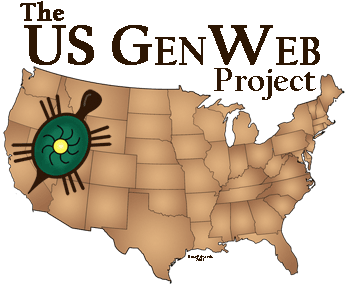"People
of the Three Fires":
There
are three major tribal groups in Michigan today: the
Chippewa (Ojibwe), the Ottawa, and the Potawatomi. They
comprise what is called the Three Fires Council. Although
these three tribes have similar cultures and share the
same territory, there are still some differences.
Ottawa
are found in the northern reaches of the Great Lakes;
in michigan they occupy the western half of the Lower
Peninsula. The Ottawa people were seasonal wanderers
of the land and sailors of the Great Lakes gathering
wild rice, netting fish, trapping both large and small
game, and hunting large game such as moose, deer, and
caribou.
Ottawa
people continue to be great traders and craftsmen. One
hallmark of Ottawa life is the birch bark canoe. When
the French came, the Ottawa people adapted well to the
fur-trading economy and managed to avoid major military
entanglements with the European colonial powers competing
with each other for North American land and resource
dominance. They did, however, fight with the Iroquois
throughout the early 1600's.
At
the point of European contact, the Potawatomi tribe
inhabited the southwest corner of what is now Michigan
in the areas of Kalamazoo and the St. Joseph River and
adjacent parts of Indiana. They moved there deliberately
from more northern regions to take advantage of the
milder southern climate. Although they shared many traits
with the Chippewa and the Ottawa, they lived a more
sedentary lifestyle.
The
addition of horticulture to the Potawatomi cultural
pattern allowed them to establish a more stable food
supply and eventually a level of political unity unusual
for Great Lakes tribes at that time. Not only did they
grow the American staples of corn, beans, and squash,
the Potawatomi were famed for their medicinal herbal
gardens. Besides enjoying the advantages of farming,
the retention of the canoe and a fondness for trading
helped the Potawatomi become a strong tribe through
the early 1800's when many of them were forcibly removed
to Kansas and Oklahoma by the U.S. military.
The
Chippewa, also known as the Ojibwe, are the second largest
tribal group in the United States with bands in Michigan,
Wisconsin, Minnesota, and North Dakota, as well as Ontario.
In Michigan, the Chippewa's occupied the eastern half
of the Lower Peninsula and most of the Upper Peninsula
except the northern shore of Lake Michigan. Besides
using the resource of the Great Lakes, the Chippewa
also intensively used the resources of inland lakes,
rivers, and streams.
The
Chippewa were nomadic like the Potawatomi and the Ottawa,
moving their villages to follow the fish or game. They
also were highly skilled at treating illnesses by using
the medicinal plants from the territories with which
they were so familiar. Like the Ottawa, the Chippewa
engaged in fur trading with the French and English and
had some involvement in European colonial conflicts.
from
American Indians: Past and Present
David Staddon, Director
American Indian Programs, Central Michigan University
|


 In
March and April, 1996, a group of genealogists organized
the Michigan Comprehensive Genealogy Database. The idea
was to provide a single entry point for all counties in
Michigan, where collected databases would be stored. In
addition, the databases would be indexed and cross-linked,
so that even if an individual were found in more than
one county, they could be located in the index.
In
March and April, 1996, a group of genealogists organized
the Michigan Comprehensive Genealogy Database. The idea
was to provide a single entry point for all counties in
Michigan, where collected databases would be stored. In
addition, the databases would be indexed and cross-linked,
so that even if an individual were found in more than
one county, they could be located in the index. 